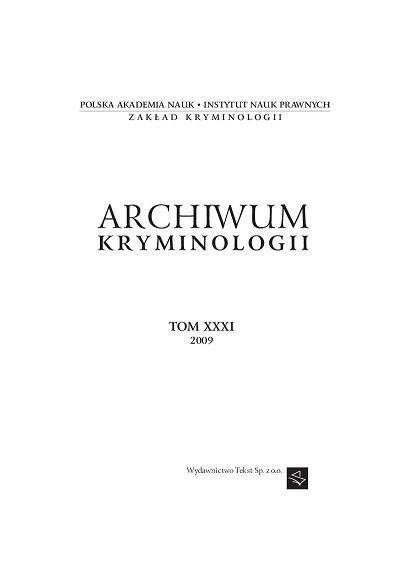"Kryminalne" aspekty przestępczości podatkowej
Criminal aspects of tax delinquency
Author(s): Leszek WilkSubject(s): Law, Constitution, Jurisprudence
Published by: Instytut Nauk Prawnych PAN
Keywords: TAX DELINQUENCY; CRIME PREVENTION;
Summary/Abstract: There is a common opinion that fiscal offence has no criminal character but is merely an administrative offence and consists only of petty deeds of little social noxiousness. This opinion is not accurate with regard to basic types of tax crimes which very often are varieties of common frauds or forgery that may seriously endanger financial transactions of a country or local government. They are characterised by the fact that the tax procedures and legal structures are faked or falsely initiated and employed to commit or de facto to camouflage offences of criminal character. One example could be tax fraud involving simulation of a series of transactions which have no real economic of commercial significance and serve to fake alleged tax obligations and to initiate the procedure of VAT and ultimately to obtain from the Treasury substantial amounts of unjust VAT refunds under false pretences. These are in fact ordinary criminal offenses committed with the use of tax refund procedures. Possibility of moving VAT free goods between countries of the European Union with the lack of adequate monitoring mechanisms in the Member States resulted in a dangerous increase in the number of organized frauds, which are simply regarded as a mechanism “embedded” in the EU VAT system. They are referred to as tax carousels or carousel frauds. Tax law, its mechanisms, and its procedures are sometimes used not only for this type of criminal extortion of property from the tax authorities but also as for a so-called money laundering and legalization of illegal incomes. Generally, tax offences shows more and more close links with strictly criminal offences, it is becoming more and more organised, professionalism of the perpetrators is increasing, and even a growth in brutalization of such crimes can observed. This should change a traditional approach to tax crime.
Journal: Archiwum Kryminologii
- Issue Year: 2009
- Issue No: XXXI
- Page Range: 209-222
- Page Count: 14
- Language: Polish

